#regulation
Proposed Legislation Would Make It Easier for Automakers to Meet Efficiency Requirements
A bipartisan pair of congressional representatives from Michigan are proposing a new bill, the Fuel Economy Harmonization Act, that would aid automakers in complying with federal fuel efficiency requirements. Introduced on Wednesday, the bill would extend the life of fuel economy credits that are set to expire in five years and raise the ceiling on transferrable credits between car and truck fleets. Under the proposal, manufacturers could also be given additional credits for lowering fleet-wide emissions under new metrics.
Penning the bill, congresspersons Fred Upton (Republican) and Debbie Dingell (Democrat) said they believed the automotive industry would benefit from having a single set of fuel rules. The bill suggests rolling the NHTSA’s Corporate Average Fuel Economy (CAFE) and the EPA’s light-duty vehicle Greenhouse Gas Emissions mandates into one cohesive program.
While economy mandates have been growing, nationwide fuel consumption has still gone up. Likewise, the average mpg of cars sold in the United States hasn’t changed much over the last three years. With pump prices remaining low, consumers have flocked to less-efficient models like crossovers and SUVs.
The NHTSA: Broken Down, Short on Staff, Slow on Change
The United States is still waiting on a glut of senior appointments within agencies that affect the automotive industry. While the Environmental Protection Agency eventually got Scott Pruitt, many high-ranking positions remain vacant at the EPA and other U.S. regulatory groups. The National Highway Traffic Safety Administration is still missing an administrator, chief counselor, director for government affairs, chief financial officer, and one enforcement chief.
With so many holes in its staff, former NHTSA officials and consumer advocacy groups are worried the agency has been rendered ineffective — essentially stalled on important decisions and issues that need the right kind of signature. Eight months is a long time to wait for an appointment and the NHTSA was only just given a deputy administrator, after former executive director Jack Danielson’s promotion.
NHTSA's Updated Autonomous Safety Guidance Doesn't Actually Offer Any
On Tuesday, Transportation Secretary Elaine Chao outlined the Trump administration’s “Vision for Safety 2.0” at the University of Michigan’s Transportation Research Institute in Ann Arbor. The document is a collection of non-binding requests to manufacturers and a promise that they can go hog-wild with their autonomous vehicle testing, at least as far as the feds are concerned.
In a deluge of policy updates, the National Highway Traffic Safety Administration tweaked its vision for safety, claiming it was responding to the recent increase in the number of road accidents.
While Obama-era guidelines weren’t particularly robust, the Trump administration has essentially built a technical-sounding framework aimed at destroying regulatory red tape. Ironically, the government seems to have gone out of its way to ensure it stays out of the way. In some respects, it has to. The speed of development is beginning to happen at a rate where any outside bureaucracy would have difficulty keeping pace. Chao said the guidance would remain flexible, ready to adapt to the changes as they come. But it is also without teeth, promoting development and the future promise for safety at the expense of any meaningful oversight.
Did the Department of Transportation and NHTSA sell themselves out to industry or do they actually think giving automakers carte blanche on autonomous testing was the best thing for public safety?
House Unanimously Approves Proposal to Deploy Self-driving Cars, and Not Everyone's Happy
On Wednesday, the U.S. House unanimously approved a sweeping proposal to expedite the deployment of self-driving cars and prohibit states from blocking autonomous vehicle testing.
“With this legislation, innovation can flourish without the heavy hand of government,” Ohio Republican Bob Latta said on the House floor leading up to Wednesday’s vote. Latta is chairman of the House Energy and Commerce subcommittee that developed the legislation with support from tech companies and the automotive industry.
One thing missing from the House measure is large trucks, which the Senate hopes to address in its own bipartisan legislation. Congress announced a September 13th hearing to examine the role of autonomous commercial vehicles and how they may fit into the Senate’s pending self-driving legislation. Meanwhile, the House’s bill moves up the board to be put to a vote within the Senate at a later date.
QOTD: All Car Production Ends Tomorrow - What's Your Forever Vehicle?
Time to suspend disbelief, much like you do with your favorite television show featuring dragons and incestual relations (between people, not dragons). A new government regime has outlawed production of the private automobile. All new car sales will end in 48 hours. Much like Jack Bauer, you’ve got to make an important decision in that timespan: Purchasing your last car of choice.
Which automobile will you pick, knowing it’s the last one you’ll ever have?
Trump Changes Regulatory Rules on Infrastructure, U.S. Waiting on Trillion Dollar Roadworks Plan
President Trump announced on Tuesday that he had signed an executive order to eliminate and streamline Obama-era regulations that might hinder the construction of U.S. roads and bridges. Absent, however, was any legislation regarding previous promises of allocating a trillion dollars revitalize the nation’s infrastructure.
While the press conference was mired by the weekend’s violence in Charlottesville, the topic eventually returned to roadworks and the aforementioned funding. “We will end up getting health care, but we’ll get the infrastructure, and actually infrastructure is something that I think we’ll have bipartisan support on,” Trump told reporters. “I actually think Democrats will go along with the infrastructure.”
Backed by Transportation Secretary Elaine L. Chao and Treasury Secretary Steven Mnuchin, Trump presented the media with a flow chart purporting to show the permitting regulations required to construct a highway in an unnamed state he claimed took 17 years under existing regulations.
Give the U.S. Government a Piece of Your Mind About Fuel Economy Rules
While the Trump administration continues gearing itself up to loosen fuel standards for automakers, much to the chagrin of environmentalists and other countries, the agencies that set those benchmarks want to pick your brain a little before making a final decision. You’ve got an opportunity to be part of the process — the painfully boring, yet incredibly important, process.
On Thursday, the U.S. Environmental Protection Agency and the Department of Transportation opened a public comment period on the reconsideration of the standards for greenhouse gas emissions for light vehicles built for the 2022-2025 model years. Additionally, the EPA wants comments on the appropriateness of the existing 2021 standards. The agencies are inviting the public to submit any relevant (i.e. factual) data and information that can inform a final decision of the standards.
U.K. Prepared to Ban Internal Combustion Engines by 2040
Britain will ban the sale of all new gasoline and diesel cars starting in 2040 as part of the government’s plan to reduce air pollution and copy France. The strategy, fronted by U.K. environment secretary Michael Gove and transport secretary Chris Grayling, would not only ban the future sale of internal combustion engines, but also provide a governmental incentive program similar to the United States’ Car Allowance Rebate System — colloquially known as “cash for clunkers.”
Because, as you know, nothing is better for the environment ( or the used car market) than populating scrapyards with fully functional automobiles and having factories across the globe expend extra energy to replace them.
“We can’t carry on with diesel and petrol cars,” Gove told British television audiences on Wednesday. “There is no alternative to embracing new technology.”
Antitrust Regulators Worried German Auto Industry Has Been Running Secret Cartel For Decades
Government authorities are concerned that Germany’s automakers have been running one of the biggest CARtels in history. Allegedly active since the 1990s, automakers used secret working groups to remain in cahoots on decisions regarding technical issues, suppliers, and cost suppression. The groups may have even set the table for Volkswagen’s diesel emissions scandal by encouraging regulatory cheating.
Major manufacturers had apparently agreed on the size of the tanks containing AdBlue, Germany’s preferred diesel treatment fluid to reduce exhaust emissions, and decided the units should be small to keep fluid prices up. When the entire system turned out to be insufficient in meeting regulatory guidelines, illegal software manipulation became the alternative solution.
Germany Forced to Appear Proactive as Anti-diesel Prejudice Swells in Europe
With Paris, Madrid, Athens, and Mexico City all pledging to ban diesel vehicles from entry within the next few years, the fuel’s future doesn’t look particularly bright. While citywide bans like these are becoming increasingly popular in Europe, diesel vehicles still account for almost half of the continent’s registered vehicles.
Germany, which has been speedily moving away from the fuel since Volkswagen’s emissions fiasco, provided more than its fair share of those diesel-powered models. It’s been mulling over how to handle it’s own regulatory matters pertaining to the fuel and the rest of the European Union’s intense pressure doesn’t seem to have fazed it.
Instead of enacting the same transportation ban on diesel vehicles as seen in Paris, Germany has decided to furnish its automakers with the opportunity to clean up their act. Industry officials and politicians have agreed to implement software updates on existing vehicles specifically to keep them eligible for operation within major metropolitan areas. Considering Mercedes-Benz just offered to “voluntarily” recall 3 million Euro-spec cars fitted with diesel engines, that’s incredibly good timing. Likewise, Volkswagen Group claims it will update 850,000 Porsche and Audi vehicles equipped with larger diesel motors.
Republican Proposal Would Block States From Setting Self-driving Rules
A coterie of Republican officials believe individual states should be forbidden from governing themselves in regard to autonomous vehicles. Only in its commencement, a new U.S. House proposal claims states would not be within their rights to mandate the design or testing of self-driving cars.
If made law, the proposal would eliminate the need for automakers to acquire any pre-market approval from federal regulators. While that sounds like a free-for-all ripe for accountability issues, several states already have laissez-faire or highly supportive attitudes when it comes to autonomous vehicles, though others could become serious headaches for automakers hoping to swiftly get the technology on the road.
The 45-page legislative draft includes 14 bills and would designate the U.S. National Highway Traffic Safety Administration as the primary agency for regulating self-driving cars. It’s aggressively pro-business and, despite being penned by Republicans, has managed to achieve some bipartisan support.
California Maintains Obama-era Emissions Rules in Affront to Trump's EPA
California has green-lit light-vehicle pollution targets that the Trump administration has placed under review. As expected, t he Golden State is going to continue playing hardball over Environmental Protection Agency regulations.
Already critical of the automotive industry for asking the president to reconsider federal guidelines through 2025, the California Air Resources Board hinted that it wouldn’t stray from the emission targets set by the Obama administration in 2012. On Friday, CARB finalized its state emissions rules while setting an updated ordinance on zero-emission vehicles. “We’re going to press on,” said Mary Nichols, head of the board, during last week’s press conference.
Trump Likely to Announce Review of Vehicle Emission Regulations This Week
President Trump is prepared to make a formal announcement on the review of vehicle fuel efficiency standards that were locked in at the tail end of the Obama administration. Sources have confirmed that he’ll be meeting with automotive CEOs in Michigan this week to discuss the the situation after listening to them repeatedly beg him to repeal the current guidelines.
The president plans to visit an autonomous vehicle testing facility outside of Detroit on Wednesday before meeting with the automotive heads representing the Detroit Three. White House spokesman Sean Spicer said on Monday that the trip is centered around “job creation and automobile manufacturing … highlighting the need to eliminate burdensome regulations that needlessly hinder meaningful job growth.”
MSRP Vs. MPG: Consumer Groups Plead With Trump to Ignore Automakers, Keep Fuel Economy Standards
Every automotive manufacturer currently selling cars within the United States has incessantly requested that the government dial back federal fuel economy standards ever since Donald Trump took office. Now, two advocacy groups — Consumers Union and the Consumer Federation of America — have sent a letter to Trump making a case to maintain Corporate Average Fuel Economy (CAFE) standards for the good of average Americans.
Automakers have claimed that higher efficiency targets will increase vehicle cost, making this a battle between two camps, each focused on U.S. wallets: MSRP and MPG.
Volvo Will Accept Liability If Their Autonomous Cars Crash
Volvo Cars President and CEO Håkan Samuelsson announced Thursday in Washington, DC, that the automaker would “accept full liability whenever one if its cars is in autonomous mode,” making Volvo one of the first automakers to solve one of many important legal issues that face autonomous vehicles.
Volvo made the announcement just days after launching a project in Sweden that will see 100 Volvo XC90s with autonomous functionality hitting the roads around Gothenburg in 2017.


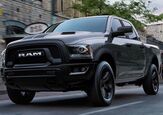

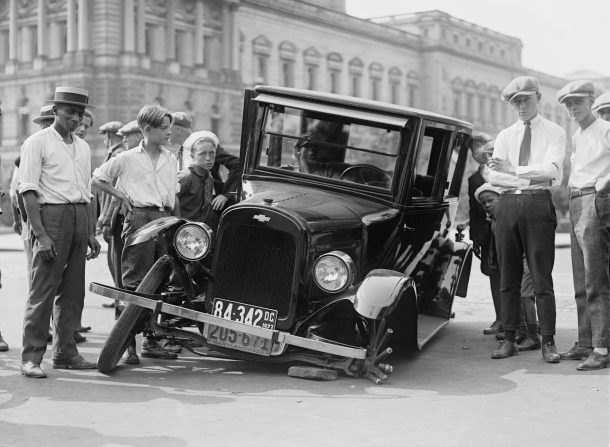
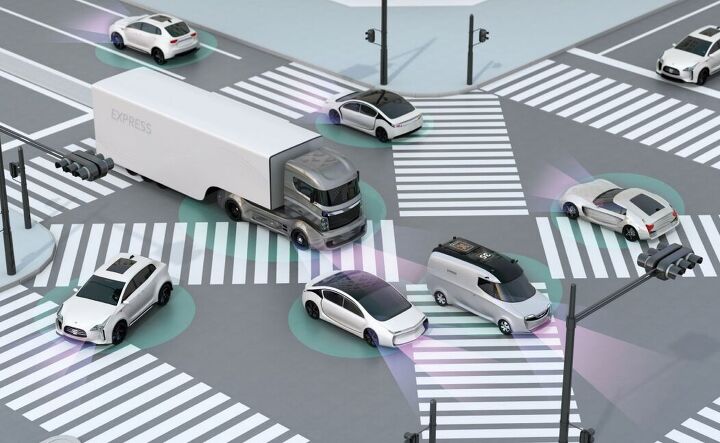
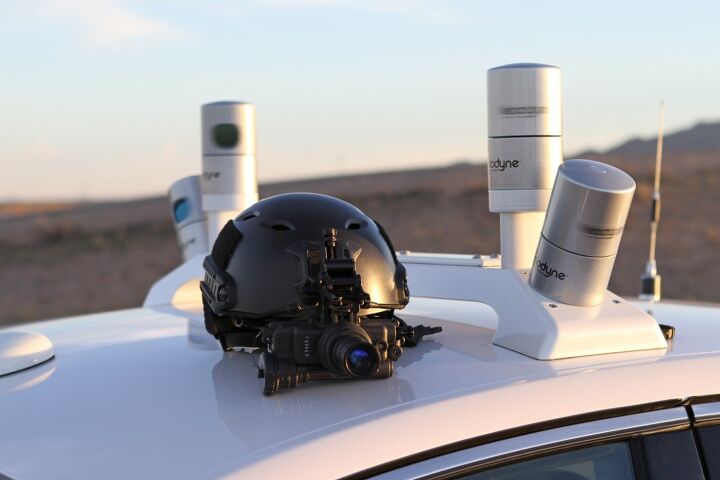
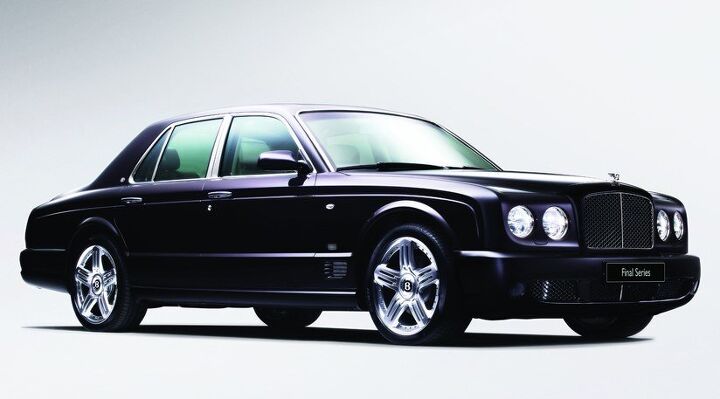

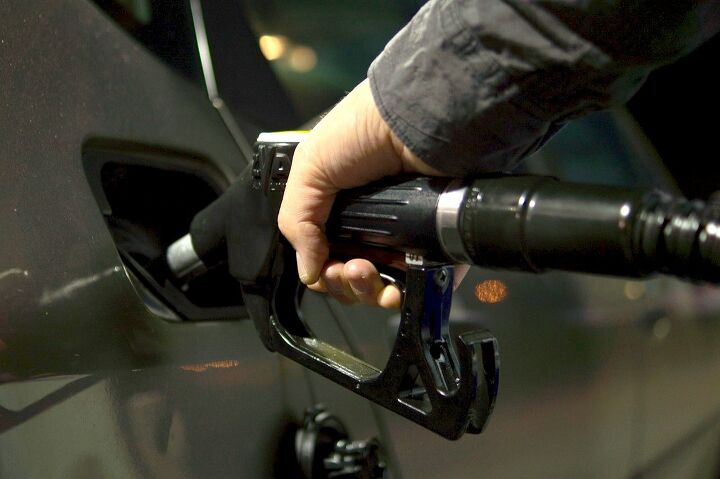

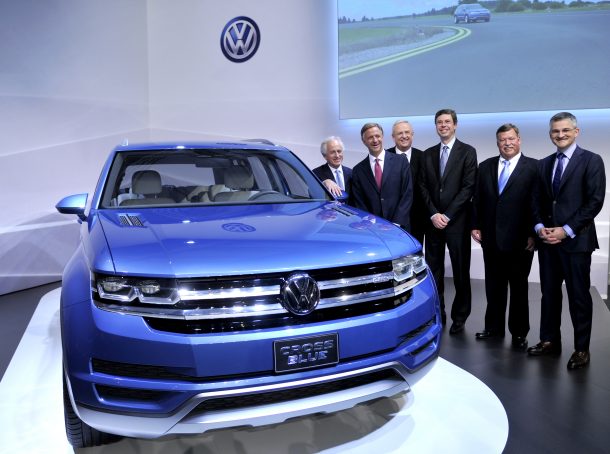




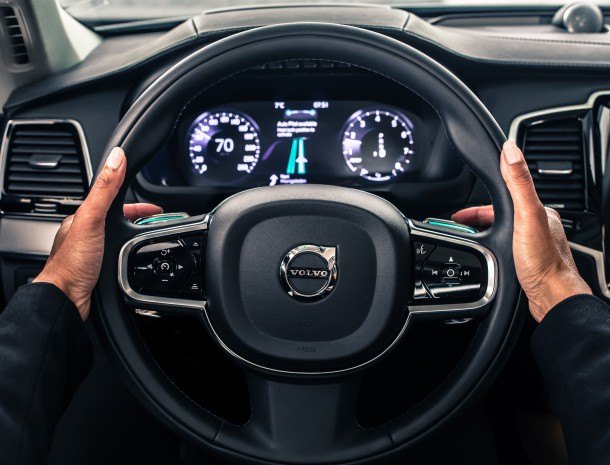












Recent Comments